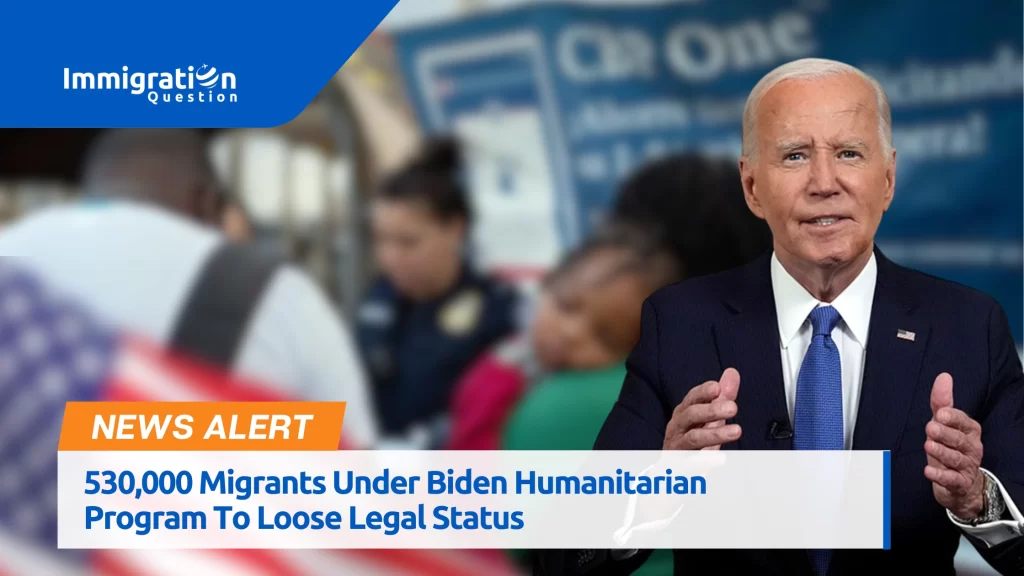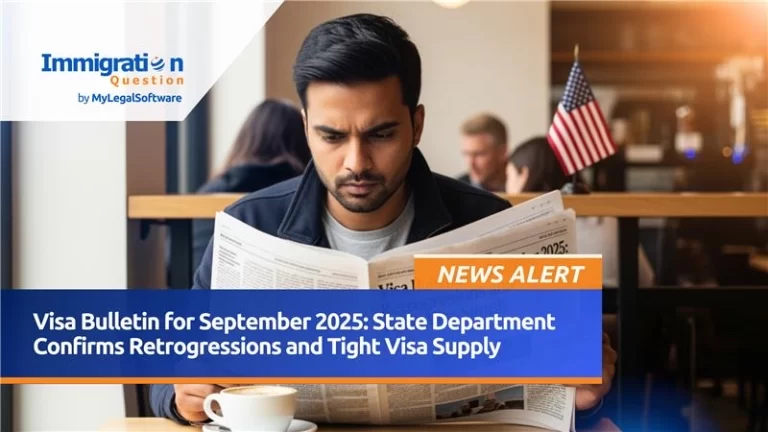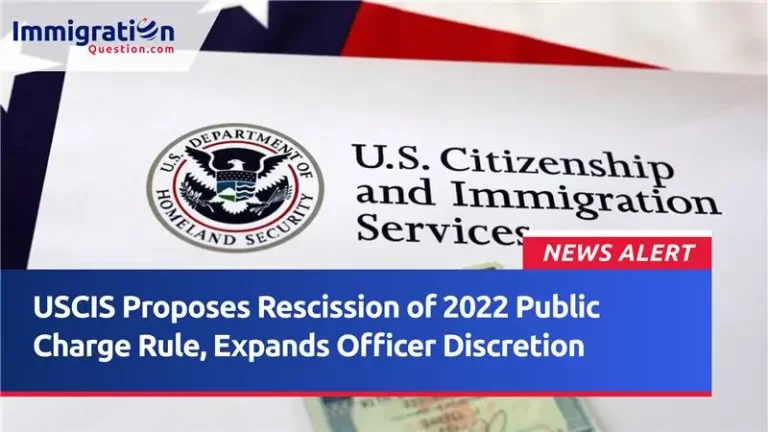In a landmark decision that could reshape the future of U.S. immigration policy, the Department of Homeland Security (DHS) has announced it will not extend the temporary legal status of more than 530,000 migrants who were previously granted humanitarian parole. This program, originally introduced by President Biden in response to migration crises from several countries, offered a temporary legal pathway for individuals from Venezuela, Haiti, Cuba, and Nicaragua. The termination of this program marks a shift in U.S. immigration policy, igniting debates about the nation’s approach to handling immigration crises.
The Biden administration’s humanitarian parole initiative was established with the goal of managing the influx of migrants at the U.S.-Mexico border while providing a legal avenue for those fleeing dire circumstances in their home countries. The decision not to renew the program could have significant consequences for the affected migrants, many of whom now face uncertainty about their legal status and future in the United States.
About the Humanitarian Parole Program
In January 2023, as the U.S. faced escalating migrant numbers at its southern border, the Biden administration introduced a humanitarian parole program aimed at providing a temporary solution for migrants from Venezuela, Haiti, Cuba, and Nicaragua. These countries were chosen due to the economic, political, and social instability that had driven millions of people to flee their homes in search of safety and stability.
Under the program, migrants were allowed to enter the U.S. legally for a period of two years, provided they met specific requirements. This initiative was part of a broader effort by the Biden administration to reduce illegal border crossings while managing humanitarian obligations. The parole program allowed migrants to live and work in the U.S., offering them a temporary respite from the crises in their home countries.
The Policy Change in Socio-political Contexts
The decision to end the humanitarian parole program for these migrants has been met with mixed reactions across the political spectrum. On one hand, immigration hardliners have long criticized the Biden administration for what they perceive as lax border policies that have encouraged illegal immigration. They view the decision to end the parole program as a step in the right direction toward reasserting control over the U.S. border and ensuring that immigration laws are enforced.
On the other hand, immigrant advocates and human rights organizations have condemned the decision, arguing that it ignores the humanitarian crises in the affected countries and leaves hundreds of thousands of people vulnerable to deportation and further hardship. Many migrants who entered the U.S. under the parole program have already begun to build lives in the country, finding jobs, enrolling their children in school, and contributing to their communities. Advocates argue that terminating their legal status without offering alternative solutions is both unjust and counterproductive.
From a political standpoint, the Biden administration has found itself under increasing pressure to address the ongoing challenges at the U.S.-Mexico border. The number of migrants attempting to cross the border has surged in recent months, leading to renewed scrutiny from both political parties. While Republicans have been vocal in their criticism of the administration’s handling of immigration, some Democrats have also expressed concern about the political fallout from the border situation, especially as the 2024 election cycle draws closer.
Impact on Migrants
For the 530,000 migrants who are currently protected under the humanitarian parole program, the decision to end their legal status has created a climate of uncertainty and fear. Many of these individuals fled their home countries under dire circumstances, seeking refuge from violence, persecution, and economic collapse. The parole program offered them a lifeline, allowing them to live and work in the U.S. legally, albeit temporarily.
With the end of the program in sight, many of these migrants now face the daunting prospect of losing their legal status and potentially being forced to leave the U.S. For some, returning to their home countries is simply not an option due to the dangerous conditions they fled. Others may attempt to find alternative legal pathways, such as applying for asylum or Temporary Protected Status (TPS), but these processes can be lengthy and complex, with no guarantee of success.
The psychological toll on migrants is significant. Many are grappling with the fear of deportation, as well as the uncertainty of what the future holds for them and their families. For those with children who have already integrated into U.S. schools and communities, the prospect of being uprooted is especially distressing. Advocacy groups have warned that the termination of the program could result in a humanitarian crisis, as thousands of people are left in legal limbo.
What’s Next?
As the end of the humanitarian parole program approaches, the affected migrants are now faced with three major options: seek legal status through other immigration programs, leave the country voluntarily, or risk deportation proceedings.
Some may choose to remain in the U.S. without legal status, risking deportation and other legal consequences. Others may attempt to apply for asylum or other legal protections, but these processes are fraught with challenges and uncertainties.
Immigration attorneys and advocacy organizations are urging migrants to explore their legal options as soon as possible and to seek legal assistance if necessary.










